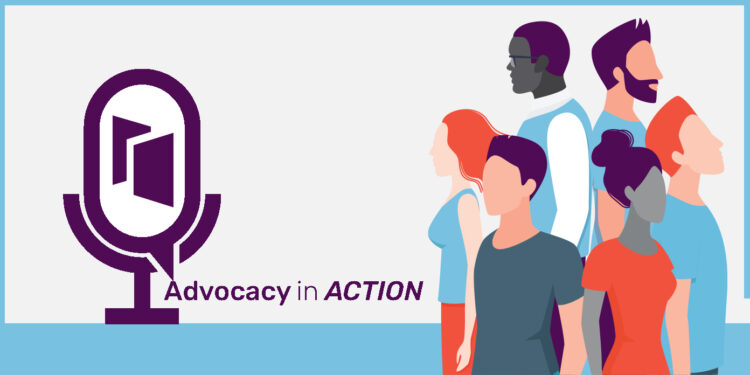Unemployment Insurance for Striking Workers: Oregon Employment Department Rulemaking Update

Earlier this year, the Springfield Chamber opposed SB 916, which expanded unemployment insurance (UI) eligibility to striking workers. Despite their opposition, the Legislature passed the bill with a reduced benefit cap of 10 weeks – down from the original 26-week proposal.
Now, the Oregon Employment Department (OED) has released draft rules that go far beyond implementing SB 916. Instead of focusing narrowly on the new strike provisions, OED’s rules propose sweeping changes to UI that would:
- Weaken the requirement for claimants to actively look for work.
- Create new “employer attached” categories with no time limits.
- Treat striking workers as meeting work-search standards without seeking other employment.
- Allow workers to limit job searches only to remote positions, regardless of availability.
These rules risk turning Oregon’s UI system into a long-term benefit program, driving up costs for employers and public entities at a time when businesses are already grappling with inflation, new taxes, and rising unemployment.
The Springfield Chamber is submitting formal comments urging OED to stay within the Legislature’s intent and preserve accountability in the UI system. The Chamber plans to keep their members updated as this rulemaking progresses.
September 4, 2025
Oregon Employment Department
RE: SB916 Draft Rulemaking
To whom it may concern,
The Springfield Area Chamber of Commerce has long supported a balanced unemployment insurance (UI) system that provides a safety net for workers while ensuring accountability and fairness for employers. Unfortunately, the Oregon Employment Department’s (OED) draft rules to implement SB 916 go far beyond the Legislature’s intent and risk undermining that balance.
Rather than limiting the scope of rulemaking to the new statutory requirements for unemployment benefits during strikes, OED has proposed sweeping changes that fundamentally rewrite UI law in Oregon. These draft rules shift the system away from its original purpose – a temporary safety net that encourages workers to re-enter the workforce – and toward a permanent workplace benefit at the expense of public and private employers.
Key concerns with the proposed rules include:
- Allowing claimants to create new restrictions on the type of work and schedule they are willing to accept, without justification.
- Eliminating the Director’s authority to require claimants to accept suitable available work.
- Weakening the definition of “actively looking for work” in ways that conflict with the federal Social Security Act, including creating an unprecedented “employer-attached” category with no time-certain recall requirement, and interpreting striking as qualifying as an active work search.
- Treating remote work as an entitlement, allowing claimants to restrict searches only to remote positions regardless of availability in the labor market.
- Extending time limits around absences and illnesses in ways that blur distinctions between UI, Paid Leave Oregon, and sick time law.
These rules, as drafted, will extend the length of time claimants collect benefits, drive up costs for Oregon’s UI system, and increase tax burdens on employers already facing economic pressures. More troubling, they come at a time when Oregon is experiencing rising unemployment, high housing costs, and increasing signs that businesses are choosing to invest and expand in other states.
We urge OED to return to the Legislature’s intent in SB 916 and narrow the scope of its rulemaking accordingly. Employers need a UI system that is predictable, sustainable, and aligned with federal law – not one that erodes accountability and discourages workforce participation.
The Springfield Chamber remains committed to working with policymakers to ensure that Oregon’s unemployment insurance system continues to protect workers in times of genuine need while supporting, not hindering, the economic stability and competitiveness of our state.
Sincerely,

Vonnie Mikkelsen
President and CEO
Springfield Area Chamber of Commerce
The Springfield Chamber will continue to report on progress of this and other bills as they pertain to the business community in the region. For a detailed framework on the Chamber’s economic development and business advocacy guiding principles, as well as member advocacy services and legislative updates, please visit the Business Advocacy page on the Chamber’s website.
Discover more from Springfield Bottom Line
Subscribe to get the latest posts sent to your email.






